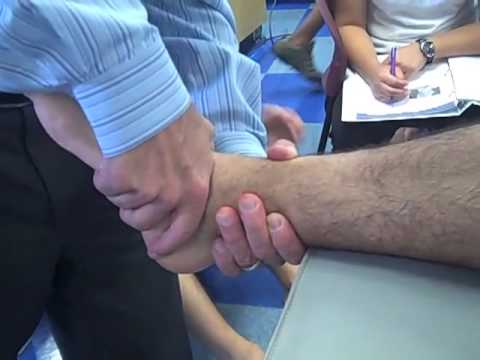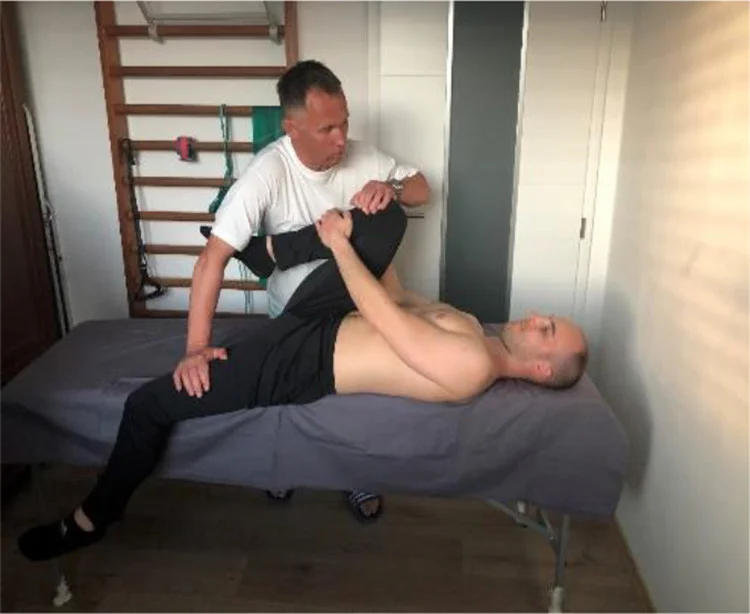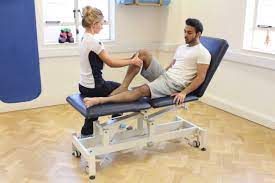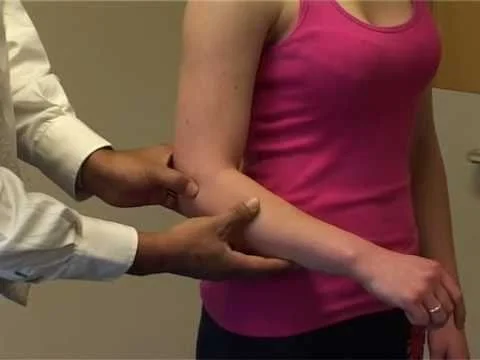Foot as well as Ankle Assessment
Foot, as well as Ankle Assessment, is of crucial importance for the clinical diagnosis of painful conditions of the foot and ankle. Assessment Aim Subjective Training history Special Questions Objective observation Posture assessment Palpation Neurologic Assessment Vascular Assessment Movement Testing Visual Analogue Scale (VAS) Foot as well as Ankle Ability Measure (FAAM) Functional Tests Single…










